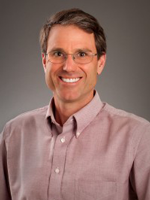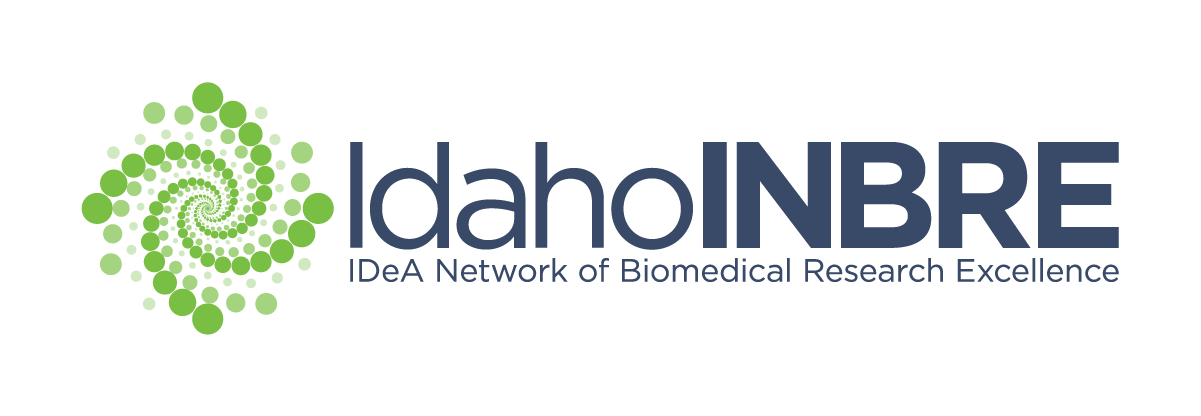
- Name: Owen M. McDougal, Ph.D.
- Institution: Boise State University
- Department: Chemistry and Biochemistry
- Phone: 208-426-3964
- Email: owenmcdougal@boisestate.edu
- Website: https://www.boisestate.edu/chemistry/owenmcdougal/
Summary: My research lab investigates marine and terrestrial natural products. Projects involve cancer chemotherapy agents, prevention of atherosclerosis, development of neurotoxins as therapeutics, and food chemistry. The extraction, isolation, and characterization of molecules with medicinal application, and the study of bioactive or toxic components in food processing are fair game for us. My projects incorporate analytical, organic, instrumental, and computational chemistry to address question of relevance to medicine, health, and well-being. I like to establish student proficiency in the use of modern instrumentation as applied to projects of interest to the student. I firmly believe that if a project is interesting and exciting, then students will be passionate about the pursuit of scientific discovery. In this regard, my lab studies a wide range of projects to provide a good fit for student interest.
Minimum Classes: Two semesters of general chemistry and two semesters of organic chemistry are required, and one semester of analytical chemistry with lab is desired.
Projects:
Project 1: Veratrum californicum is a plant that grows in high mountain meadows in Idaho. We harvest plants from Bogus Basin mountain resort and study the steroidal alkaloids they produce. The alkaloids extracted from Veratrum californicum have anticancer properties. We extract the alkaloids from the plant material using techniques learned in a traditional organic chemistry laboratory class. These alkaloids are isolated and purified by high pressure liquid chromatography and characterized by mass spectrometry and nuclear magnetic resonance spectroscopy. We have two different cell based assays to evaluate the bioactivity of the alkaloids. In one assay, the degree to which the hedgehog signaling pathway inhibition occurs in Shh-Light II cells can be seen by luciferase release and colorimetric recording. In a second assay, basal cell carcinoma (skin cancer) cell growth progression can be observed to be impaired in the presence of the Veratrum alkaloids. Our goal is to identify novel treatments for skin cancer.
Project 2: Idaho is the potato state, and is the top producer of processed potatoes in the United States. We use spectroscopic and chromatographic methods to evaluate the oxidation byproducts of fryer oil used in the potato process industry. In addition to the fryer oil, scientists in my lab evaluate the presence and amount of acrylamide present in fried potato product (French fries, hash browns, tater tots, potato chips, etc.). The goal of this work is to ensure food safety and develop methods that food processors can implement to monitor food quality. This project is accessible to students that have gone through organic chemistry.


